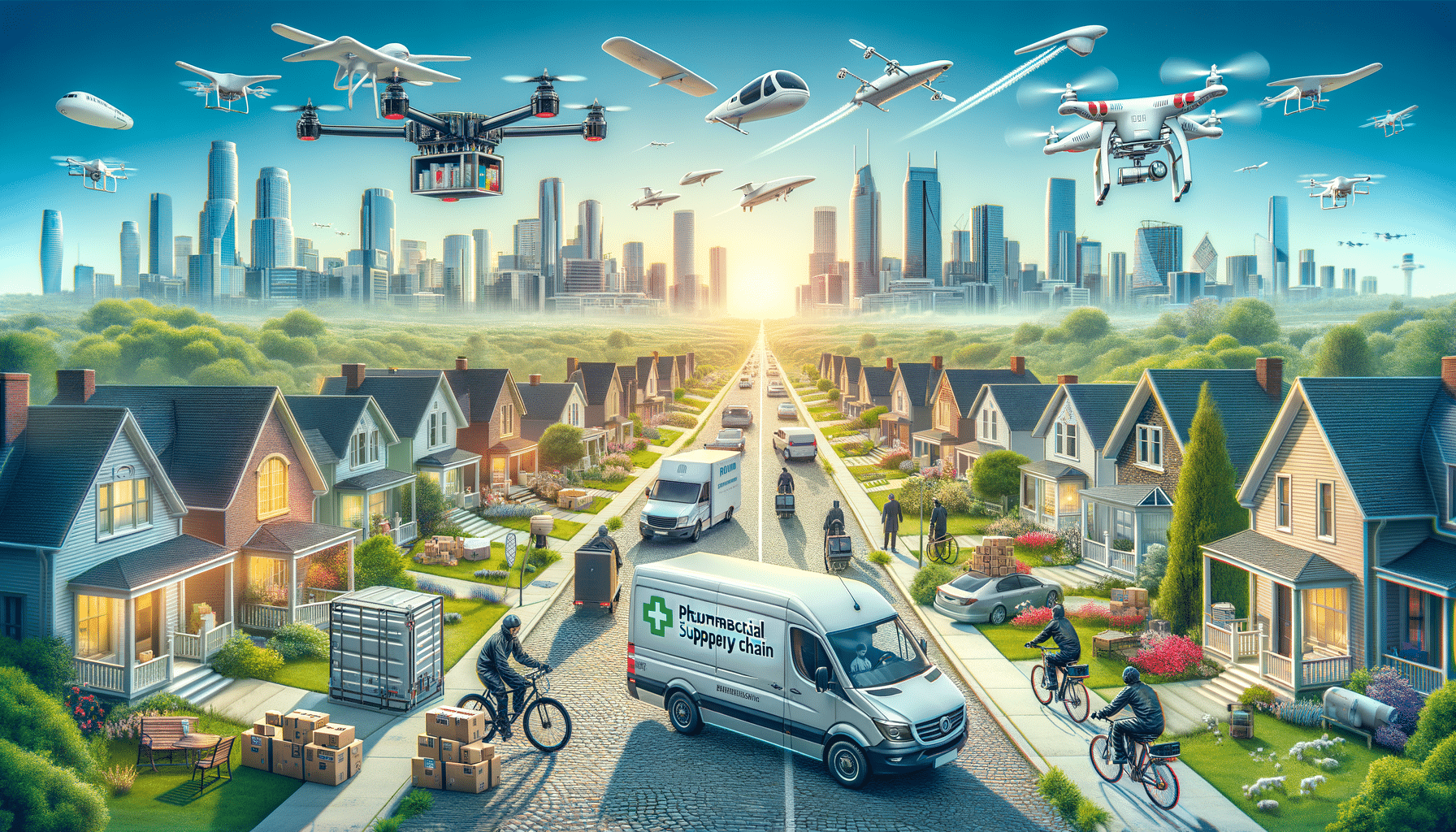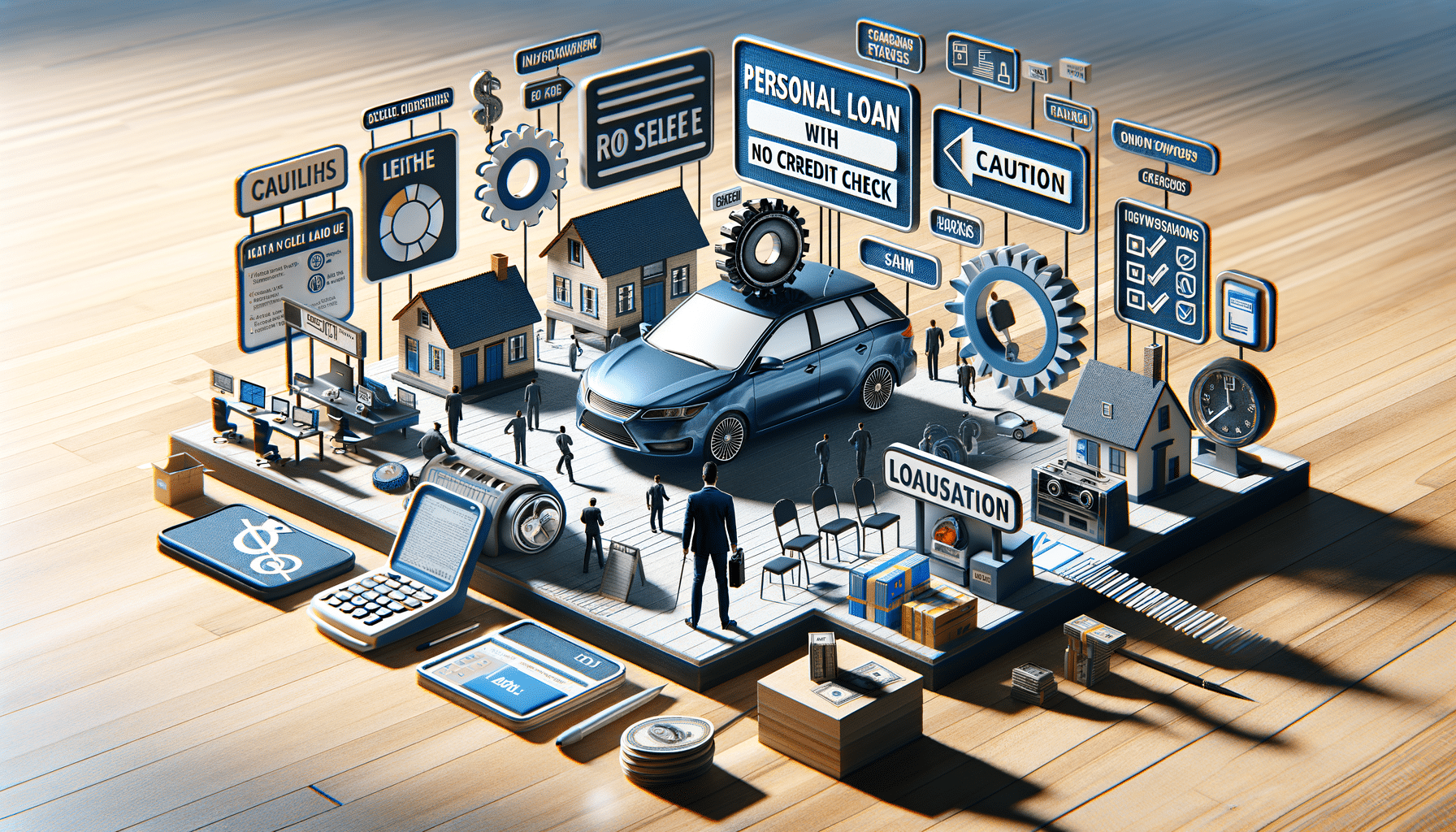
The Evolution and Importance of Last Mile Delivery in Pharma
Introduction to Last Mile Delivery in Pharma
Last mile delivery refers to the final step in the delivery process where a product reaches the end consumer. In the pharmaceutical industry, this stage is particularly crucial. It ensures that medications and medical supplies are delivered promptly and safely to patients and healthcare providers. The importance of last mile delivery in pharma cannot be overstated, as it directly impacts patient health outcomes and the efficiency of healthcare services.
With the rise of e-commerce and the demand for quick delivery services, the pharmaceutical sector has seen a significant transformation in its delivery models. The need for precision, timeliness, and safety in delivering sensitive medical products has made last mile delivery a focal point for innovation and investment.
Technological Advancements in Last Mile Delivery
Technology plays a pivotal role in enhancing the efficiency and reliability of last mile delivery in the pharmaceutical industry. Innovations such as GPS tracking, automated routing systems, and delivery drones are being increasingly adopted to ensure timely and accurate deliveries. These technologies help in optimizing delivery routes, reducing delivery times, and minimizing the risk of errors.
Furthermore, the use of IoT devices allows for real-time monitoring of temperature-sensitive pharmaceuticals, ensuring that they are kept within the required temperature ranges throughout the delivery process. This is particularly important for vaccines and biologic drugs that need to be stored and transported under specific conditions.
Challenges in Last Mile Delivery for Pharmaceuticals
Despite technological advancements, last mile delivery in the pharmaceutical industry faces several challenges. One of the primary issues is ensuring the security and integrity of the medications during transit. Pharmaceuticals are often high-value and sensitive products, making them susceptible to theft and damage.
Another challenge is the complexity of navigating urban environments, where traffic congestion can significantly delay deliveries. Additionally, the need for specialized handling of certain medications requires trained personnel, which can increase operational costs.
Regulatory Considerations in Pharmaceutical Delivery
The pharmaceutical industry is heavily regulated to ensure the safety and efficacy of medications. These regulations extend to the delivery process, where compliance with guidelines regarding the handling, storage, and transportation of drugs is mandatory.
Pharmaceutical companies must adhere to Good Distribution Practice (GDP) guidelines, which dictate the standards for maintaining the quality of medications during transit. Non-compliance can result in severe penalties and loss of credibility, making adherence to these regulations a top priority for companies involved in last mile delivery.
Future Trends in Last Mile Delivery for Pharma
The future of last mile delivery in the pharmaceutical sector looks promising, with ongoing innovations aimed at overcoming existing challenges. The integration of artificial intelligence and machine learning into delivery systems is expected to further streamline operations, allowing for predictive analytics and improved decision-making.
Additionally, the development of autonomous vehicles and drones holds the potential to revolutionize the delivery landscape, offering faster and more efficient delivery solutions. As these technologies mature, they will likely become integral components of last mile delivery strategies in the pharmaceutical industry.


